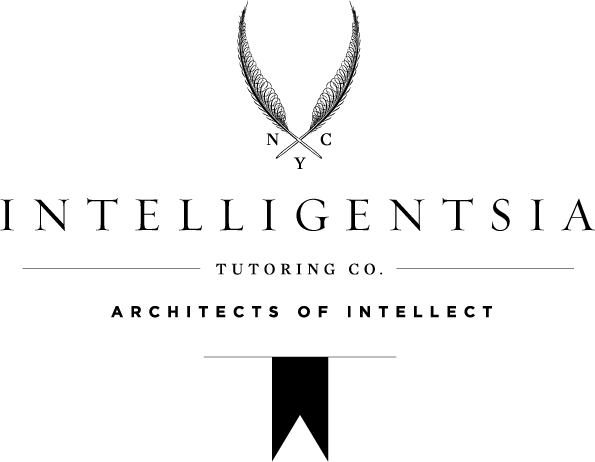As the school year winds down, college admissions season is ramping up. The Common App might not open until August, but once your APs are over, it’s time to start figuring out your college list. To do so, it’s more important than ever to see beyond the rankings and focus on fit. Test-optional policies have driven application numbers to new heights, while available spots have decreased due to Zoom-ed out admits taking gap years. Acceptance rates should rebound—at least a little—from last year’s historic lows, but the best way to make your case to admissions officers is to show how you and the college of your dreams are the perfect match.
Fit can be hard to fathom, though, especially if you’re not sure what you want from your college experience—besides, you know, actually being able to show up in person. Maybe you already have a color-coded spreadsheet comparing the merits of every engineering school with gourmet dorm food and a competitive gaming club. But maybe it’s still murky. So let’s break it down.
The first thing to consider is geography. Excited by the idea of being buried under feet of snow from December to March? Can’t live without Texas BBQ? Want to be on a subway line, or at least the Metro-North? Answers to questions like these can help narrow your choices—as can considerations of size. If knowing everyone in your class—and maybe the whole campus—sounds appealing, a small liberal arts college might be the best bet. On the other hand, if you want a student body that can fill an entire stadium, the flagship state schools could be in your future.
The next circle in the Venn diagram is academics. For those with a major in mind, be sure to explore what classes are offered, who’s teaching them, and how many students are signing up. Are there opportunities to work closely with professors? Do most majors engage in research or write senior theses? For the undecided, bear in mind that knowing what you don’t want to study can be just as helpful as already having mapped out your next four years. If math + you = never again or you want to consign history to its proverbial dustbin, consider schools with open curriculums, where you’ll have the most freedom to explore your interests.
Of course, college is about much more than papers and problem sets. If you’re STEM-oriented, explore the labs you could join to do the kind of paradigm-shifting research that, after graduation, could help you land a job or entry into a PhD program. If your goal is to drop out by sophomore year to run your own start-up, make sure your dream school has an incubator to get you going (and a generous leave-of-absence policy in case your funding dries up). To get credit for gaining real-world experience, consider schools with strong co-op programs, where you can burnish your transcript while building your resume.
Perhaps the most important aspect of college—and the aspect that’s hardest to get a handle on—is culture. Do you want an atmosphere that’s preppy, hipster, nerdy, sporty? Are you down for deep philosophical conversations in the dorm? Are you more excited for kick-off than Kierkegaard? Do you want to not just join the political protest, but organize it? To get a sense for campus life, check out student newspapers, humor magazines, student club websites, and the endless YouTube videos. Also take a look at sites like Unigo that feature student surveys and reviews. Thankfully, campuses are starting to reopen, so you should be able to visit in person this summer and fall. When you do, be sure to talk to current students. Most of them will be more than happy to tell you about their experiences—and if they aren’t, well, that will tell you something, too.
Navigating through all the information out there can be daunting, but the more you learn about what’s available, the more you’ll recognize what you want. So as school comes to an end, start thinking about where you’d love to be eighteen months from now. The perfect fit is out there—just waiting for you to discover it.
— Colin G.
Colin is Head College Process Strategist at Intelligentsia. He received his BA in English and History from the University of Pennsylvania, his MA in History and MA in Humanities from Stanford University, and his MFA in Fiction from the University of Houston. He specializes in College Process, History, Literature, Writing, German, and Standardized Tests with 20 years of experience tutoring and teaching at the high school, college, and graduate levels.


